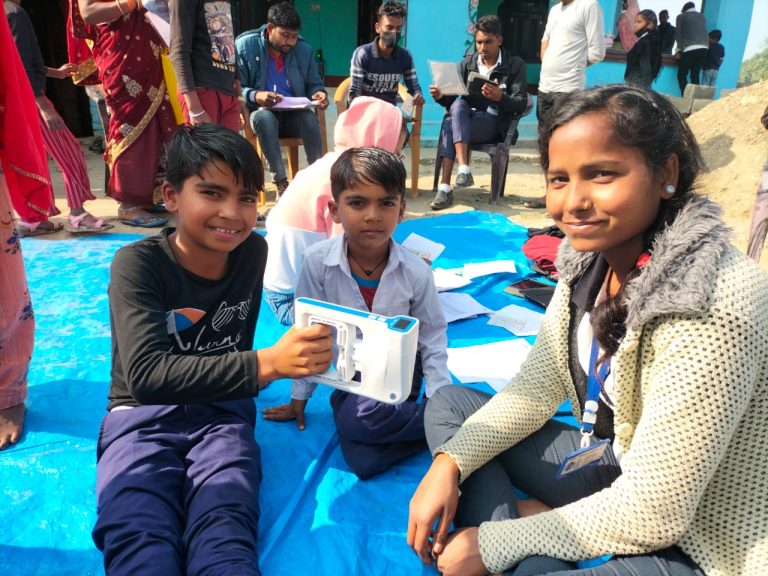- +44 7949 393386
- [email protected]
- Coventry University, CV1 5FB
NeFCoS is a multidisciplinary, longitudinal family cohort study designed to be one of its kind, informative research conducted in various geographical areas of Nepal. Our primary focus is understanding the multiple determinants of health conditions, particularly lung health in children. We continuously monitor the participants’ health subjects using questionnaires, objective measurement of health conditions and collecting healthcare-based data. NeFCoS researchers follow the children prospectively as they develop from childhood to adolescence and adulthood to correctly identify the effects of different early life exposures on health and disease. Our findings will likely influence medical practice, parenting choices, consumer product regulation and policy development—from building codes and household purchasing behaviours to decisions about childbirth and delivery, diet, breastfeeding, cleaning products used in homes, owning a family pet and dealing with stress. We mainly focus on understanding the prevalence and incidence of various lung diseases in young children, including lung growth.

We are a group of research scientists, clinicians and policymakers working to generate evidence based health solutions for the reduction of both communicable disease, and noncommunicable diseases in Nepali adults and children by using novel technologies and digitalised solutions. We engage the local communities at each and every steps, including identifying the problems and working towards timely solutions.
We are actively working towards the development of research networks and collaborations with national and international institutions. At the national level, we have initiated collaboration and partnership with local-level government and communities.
Our vision is to improve the health and well-being of the Nepalese population through early identification of risk factors, prevention, early diagnosis, and management of various adverse health outcomes in marginalised communities by working with our national and international collaborators.
Coventry University, Richard Crossman Building
Priory Street, CV1 5FB, Coventry
Office: +44 7949 393386
[email protected]
08 am – 06 pm Sunday closed